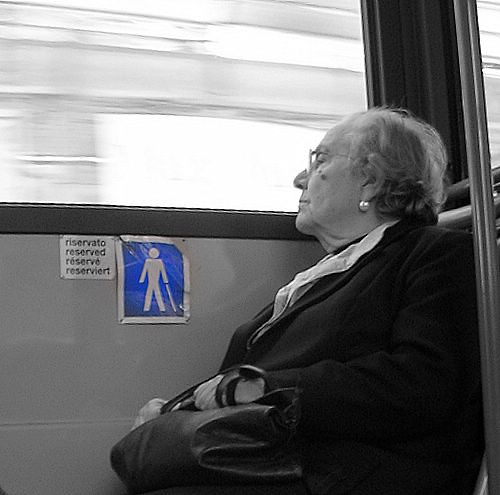 |
| Photo Credit: fazen |
The LAUNCH Survey: Helpful and Hindering Factors for Launching into Long-Term Missions by Megan R. Brown and John W. McVay (The Exchange)
"Clearly, relationships are key in journeying toward lifelong service in the Kingdom of God overseas. Nearly all of the respondents indicated that God’s guidance and call were essential to their successful pursuit of overseas work. Additionally, having a good support network, including friends and family, a mentor, long-term workers, and a good agency, team, or leader were remembered to be helpful in the process. This is congruent with studies completed in recent years (Matenga and Gold 2016). A 2013 qualitative study with missionaries from Australia found that 100% of the interviewees were influenced by other missionaries prior to launch (Hibbert, Hibbert, and Silberman 2015). Additionally, surveys completed by the Christian Community Health Fellowship found that 80% of students who did a rotation early in their training with a Christian physician who was practicing quality faith-based medicine, as well as attending a healthcare missions conference, chose a path to serve the poor through missional medicine (CCHF Follow-Up Survey)."Here’s How Many Books You Can Expect to Read Before You Die (Mental Floss)
Ever wonder how many books you've read in your lifetime? Or how many you'll be able to read before the end of your life? This handy chart helps give you an idea of how your regular reading habits play out over the course of a lifetime.
Crux listens as Africans ask: Why isn't it big news when terrorists slaughter our people? by Terry Mattingly (Get Religion)
"Of course, as Pope Francis has noted (in the kind of statement that draws relatively little news coverage), there is more to ideological or cultural colonization than money and political power. There is the cultural power of elite media, especially entertainment media, and the causes favored by their leaders. Who typically receives more news coverage today, a YouTube sensation pop star or a Wall Street magnate whose decisions affect millions? But there is an even larger question here: Who do ordinary readers want to read about? In other words, does this problem have something to do with the values of the marketplace, in this age when power is measured in Twitter followers and mouse "clicks"? Which story would receive the most coverage in African media, the death of Beyonce or the latest massacre of a hundred Christians in Northern Nigeria by Boko Haram? I think I know the answer to that question, even though it makes me angry."Check Your Privilege Obsession by Tish Harrison Warren (Christianity Today)
"At their worst, privilege enforcers descend into sheer cruelty. Bovy includes a story about online commenters blasting the “privilege” of a promising 22-year-old who tragically died. No longer able to gather around a common humanity with our shared frailty and pain, we are reduced to ruthlessly sorting between those who “deserve” our sympathy and those who don’t. I wonder if our privilege obsession arises in part from an epistemic problem: In a world that considers individual experience the primary arbiter of truth, how do we navigate the cacophony of conflicting reality-claims? One way is to create a hierarchy where some voices are valued more than others. Therefore, the “privilege” framework, like fundamentalism or certain forms of religious rhetoric, can demand unquestioning adherence."America's Cult of Ignorance—And the Death of Expertise by Tom Nichols (The Daily Beast)
"These are dangerous times. Never have so many people had so much access to so much knowledge and yet have been so resistant to learning anything. In the United States and other developed nations, otherwise intelligent people denigrate intellectual achievement and reject the advice of experts. Not only do increasing numbers of lay people lack basic knowledge, they reject fundamental rules of evidence and refuse to learn how to make a logical argument. In doing so, they risk throwing away centuries of accumulated knowledge and undermining the practices and habits that allow us to develop new knowledge."
